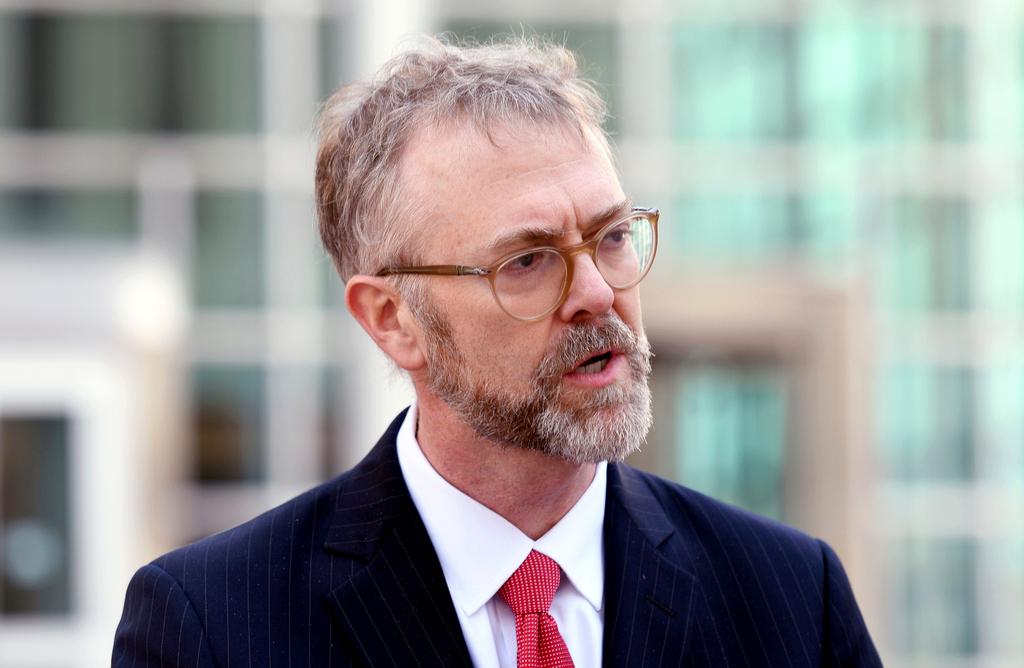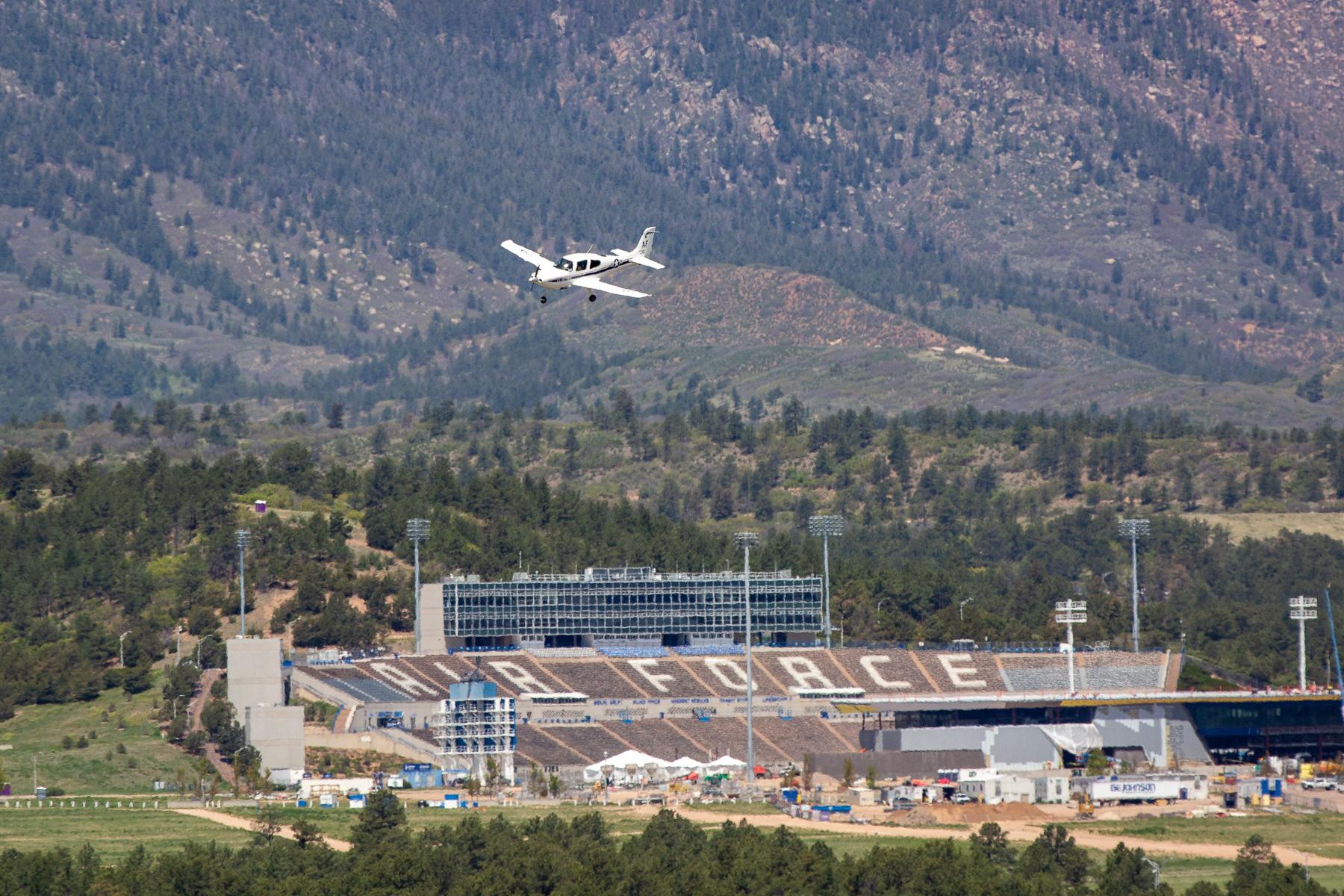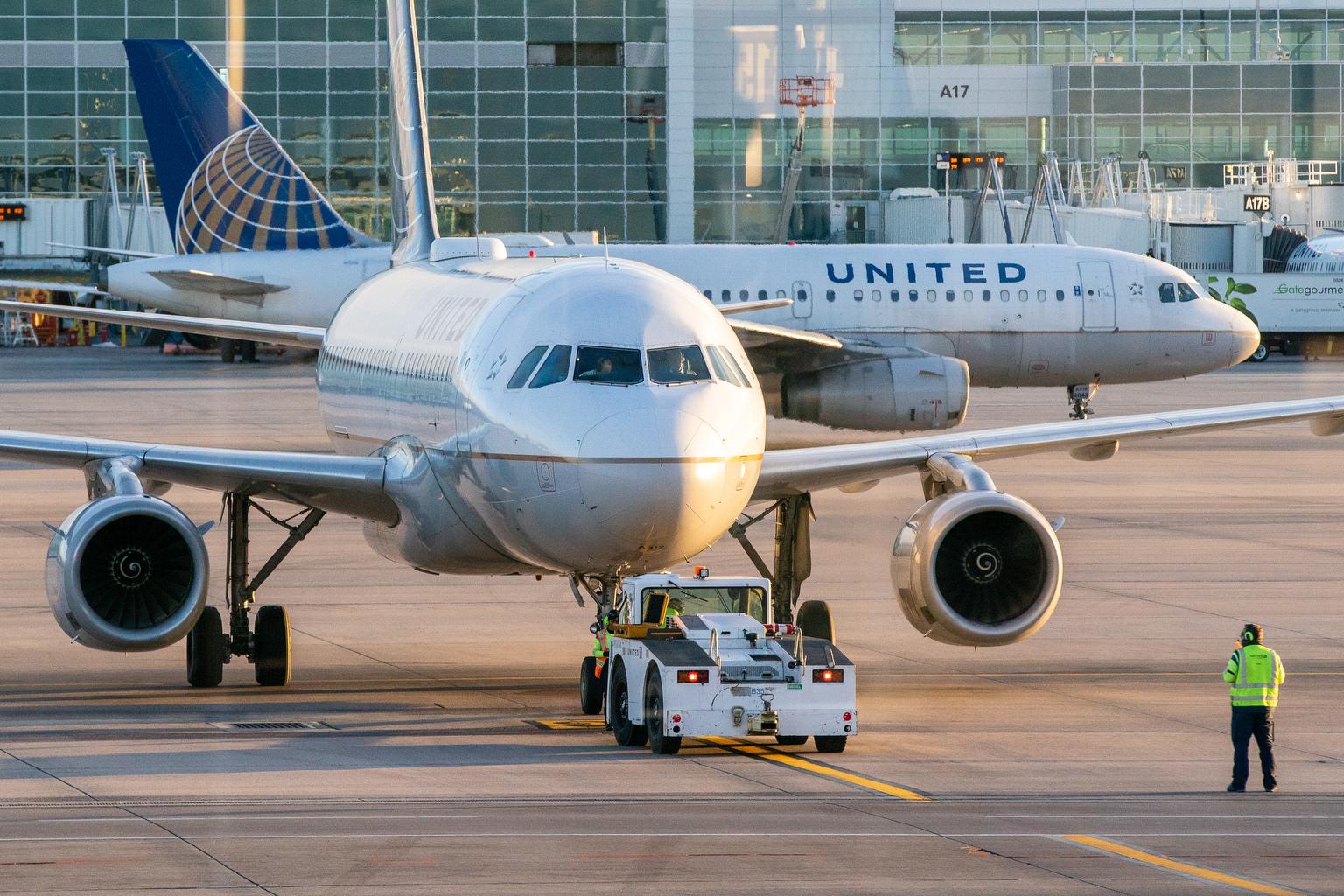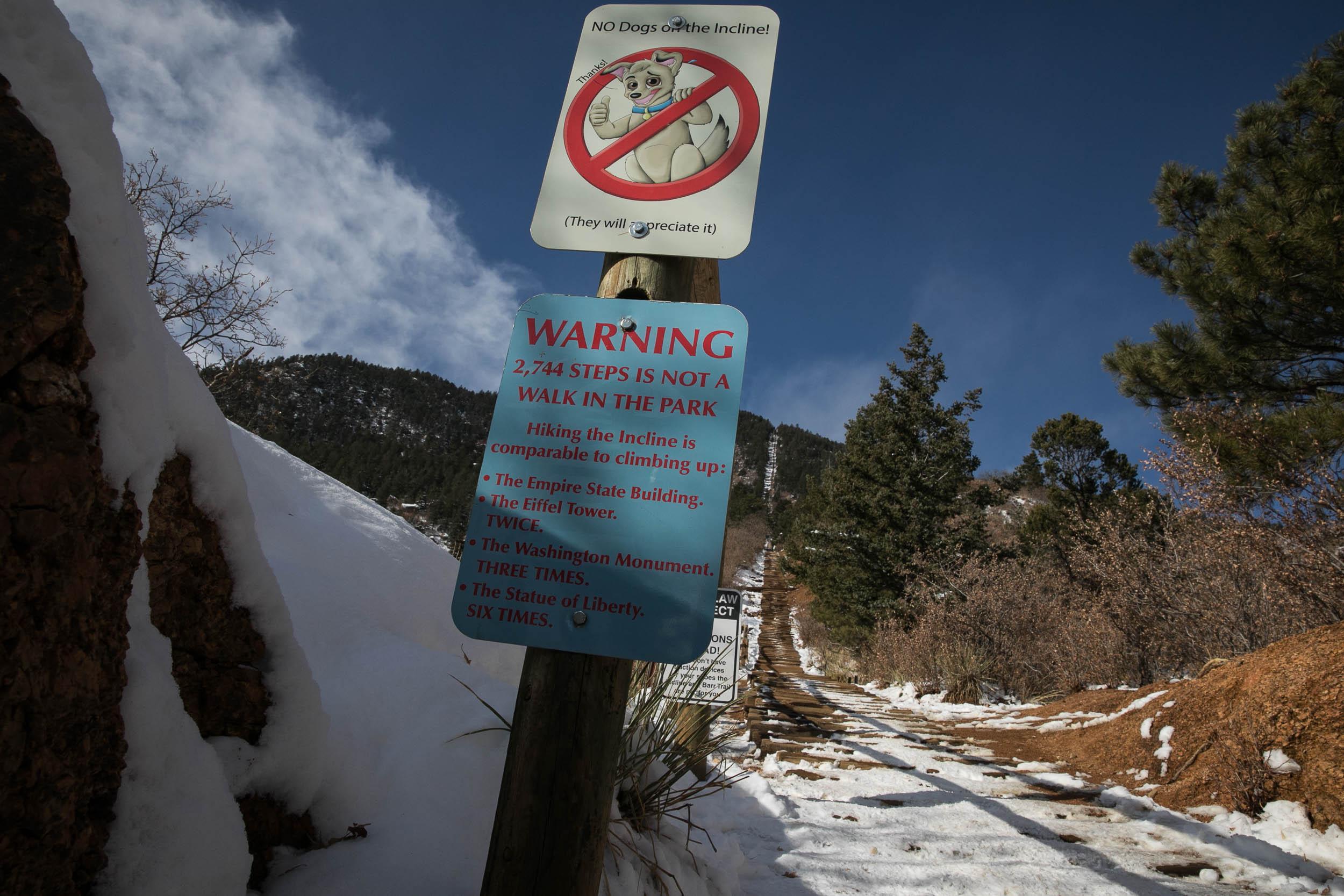Randy Royal remembers exactly where he was when he first spotted smoke rising from the Waldo Canyon Fire. It was Saturday, June 23rd, 2012.
"I got called out around 10 or so in the morning for a rollover accident on Bijou and I-25," recalls Royal, who was a battalion chief with the Colorado Springs Fire Department at the time. "I cleared that, went to a high-angle at Garden of the Gods, and as I was driving down Highway 24, I looked up and the column [of smoke] was right in front of me."
He pulled over, grabbed a pair of binoculars, and took at closer look at the fire burning west of town.
"We're about to really mess with a thousand people's lives ... but we need to do it."
"I knew we were in trouble," he says. Through his binoculars he could see Cedar Heights, a gated community in the foothills west of Garden of the Gods. "I could see fire above the top of the houses in Cedar Heights, and my perception was that the fire was already coming into Cedar Heights."
Royal immediately called Bret Waters, who was emergency management director for the City of Colorado Springs at the time. He said they needed to evacuate the neighborhood.
"When I got that call, I thought, 'boy, that's a very surreal event,'" remembers Waters. The city had worked with Cedar Heights on evacuation plans, knowing that it could be threatened in the event of a wildfire. But Waters says he could hardly believe that it was actually happening.
"I think I asked [Randy] to repeat himself. I said, 'are you sure that's what you want to do?' And certainly that was the case. But I'll never forget that call," says Waters.
"On my end," remembers Royal, "I'm thinking, 'we're about to really mess with a thousand people's lives in a heartbeat, but we need to do it.'"
The decision to evacuate was one that city and fire officials would have to make several times over as the fire progressed during the ensuing days. But Waters and Royal remember those early moments especially vividly, as they had to quickly initiate emergency procedures and call in everyone they could to help contain the blaze.
"The first couple of hours of [an event like this], you have limited information -- on fire behavior, on what it's going to do, where it is," says Waters. "There has to be exceedingly good judgment [on the part of] first responders, policy makers, and those making calls."
"We had to log our hours that first week," recalls Waters, "I think [I had] 140."
With no time to waste, Waters says the city quickly activated its emergency operation center, where he and other city officials worked to coordinate the city's response and communicate with state and federal agencies. Meanwhile, Royal went with fire crews to Cedar Heights to help fight the fire.
It was all-hands-on-deck. It would be several days before state and federal resources were available. During the first 48-72 hours, there were few opportunities to take a break.
"In those first three days, I had three-and-a-half hours of sleep," says Royal. He finally had a chance to rest Tuesday morning, and managed to sleep for just a few hours before the fire rushed toward Mountain Shadows that afternoon, and he was called back in. "It was non-stop decision making, non-stop action; we just had to keep going."
It was a similar story for Waters at the emergency operation center.
"There were days I didn't sleep at all," he recalls. "I had a cot in a back closet that I would crash out in for maybe an hour or two. I remember we had to log our hours that first week, and I think [I had] 140 or something."
Both men, when asked how they managed to make some of the most important decisions of their lives while extremely sleep-deprived, described the adrenaline and the feeling of incredible focus on the task at hand.
"I'm really proud to live in Colorado Springs, with the citizens and community that we have."
In the midst of the action, they say there were few opportunities to take a step back and assess the damage that had been done and the lives that were affected. For Waters, it was when he toured the decimated sections of Mountain Shadows -- shortly before they allowed residents in to see their homes -- that the tragedy hit home.
"Seeing the devastation was overwhelming," he says.
Royal had a similar moment while driving through the neighborhood that Tuesday night, as crews were still battling the fire. "My heart was broken for all the families, knowing how many houses were lost," he says. But he also remembers feeling a sense of pride at the work of the first responders. "Watching everybody work so hard, even though they'd been there for a couple days already... I was really proud of our fire fighters and police and everyone else that saved thousands and thousands of homes that could have gone down."
Five years later, both Waters and Royal express feelings of sadness at what was lost, mixed with gratitude for fact that more people were not killed and more homes were not destroyed in the blaze. They say things could have been much worse were it not for the hard work of first responders and city officials, as well as the strength and cooperation of residents affected by the fire.
"I'm really proud to live in Colorado Springs, with the citizens and community that we have," says Waters. "Resilience comes to mind, and just their quick work, tenacity, and willingness to help. [It was] an event that none of us will forget, and something that we feel changed us for the better, in the end."
Bret Waters is now deputy chief of staff for the City of Colorado Springs, and Randy Royal is deputy chief of support services for the Colorado Springs Fire Department.
Listen to their conversation in the player above.
This story comes from 91.5 KRCC's special series, "Five Years Later: Remembering the Waldo Canyon Fire." Find more stories from those affected by the fire here.







